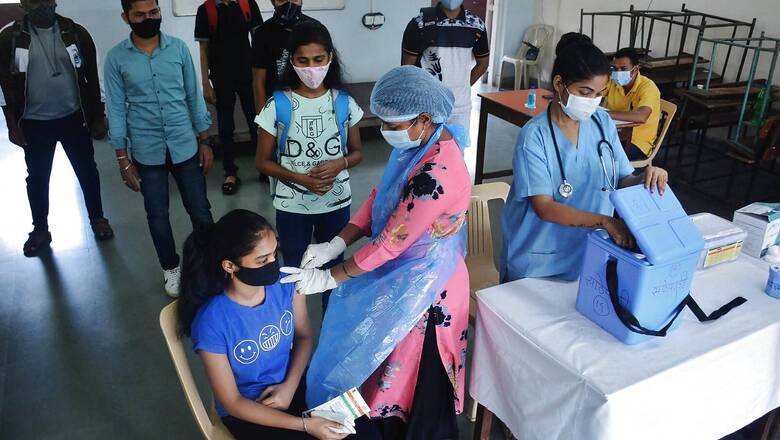
views
Just when we thought we had overcome the scourge of Covid-19 after the devastating second wave and got into a comfort zone that Covid-19 has become endemic rather than the epidemic it was, the discovery of the B.1.1.529 or Omicron, a ‘Variant of Concern’ as labelled by the World Health Organization, came as a bolt from the blue. This variant was discovered a few weeks ago in the southern Africa region and has spread to over 20 countries already.
Though not much is known about this new variant, it appears that this is far more infectious and probably escapes the immunity afforded by vaccination but fortunately is a relatively mild disease.
This new variant has rekindled the debate about an additional dose or the need for booster in our population.
The only way to manage Covid-19 is robust public health measures, surveillance, Covid-19-appropriate behaviour and vaccination.
It is well known that one dose of vaccination is better than none and two doses better than one dose and there is an ongoing debate about the need for a booster or an additional dose especially in some select populations.
The moral and ethical dilemma in a developing country is whether a booster dose of vaccination should be offered when we are yet to finish vaccinating the eligible adult population with two doses of the vaccine and start the vaccination for children.
Many countries including the US, the UK and Israel have already approved a third dose of vaccine for their population and we as a country should look at offering the third dose for a select population like the healthcare givers, frontline workers, elderly population, immunocompromised hosts like transplant patients, cancer patients and other high-risk groups.
Debate on Booster Dose
We need to be aware of the distinctions between a booster dose and an additional dose. A booster dose is given to healthy people after a few months of receiving the second dose when the immunity is likely to have waned where as an additional dose is administered to immunocompromised hosts who may not have mounted an immune response to the usual doses because of their medical conditions.
Let’s now look at the arguments for and against the booster dose. The expert committee set up by the government is working on this and is likely to come out with guidelines soon and will deliberate on the following issues while framing the policy:
• Is an additional dose required for immunocompromised people?
• Is a booster dose required for healthy people?
• When should a third dose be given, and if it is to be given, who should it be administered to?
• What should be the gap between a second and a third dose?
Points against the booster dose would be:
• Shortage of vaccine
• Lack of infrastructure and logistical issues of vaccinating a large number of people in a short period of time
• Moral, ethical dilemma of providing the third dose when a large section of the population has not received the first or second dose
• Lack of scientific evidence to prove the benefit of the booster
Points for the booster dose would be:
• We now have no shortage of vaccines or lack of infrastructure, and have on many occasions vaccinated over 1 crore people in a day and reached a maximum of 2.5 crore vaccinations on a given day. Hence, the first and second and booster doses can run parallel to each other and not at the cost of one another
• Many groups such as the healthcare and frontline workers and high-risk groups received their second dose more than six months ago and their immunity would have waned by now as per information currently available
• Many high-risk groups such as the elderly, immunocompromised patients like organ transplant recipients, cancer patients, patients with autoimmune disease may not have mounted an adequate immune response with the first two doses and would need an additional dose of vaccination
• There is good evidence that the booster dose significantly increases antibody levels and is likely to extend protection against serious disease
• Now, with the looming threat of the new variant Omicron, it may be better to have maximum vaccine protection possible though it is not yet clear whether the vaccine is as effective against this variant as compared to the Delta variant
• A large number of unutilised vaccines, which may expire soon, are available with the private sector and could be effectively used for this purpose
ALSO READ | As Omicron Threat Looms, Prioritise Vaccination Coverage and Boosters for Vulnerable
All in all, the emphasis in our fight against Covid should be on robust public health measures, aggressive surveillance, including genomic analysis of virus and Covid-appropriate behaviour.
In addition, we should aggressively vaccinate the population with the first and second doses, and offer an additional dose or booster dose to a select group of people who are more vulnerable to the virus. Though it may be premature to offer a booster dose for everyone, the elderly, immunocompromised hosts, healthcare workers and frontline workers would certainly benefit from this.
No one is safe till everyone is safe. Let all of us work together to keep the world safe.
Dr Sudarshan Ballal is Chairman, Manipal Hospitals and Manipal Health Enterprises Pvt Ltd. The views expressed in this article are those of the author and do not represent the stand of this publication.
Read all the Latest Opinions here











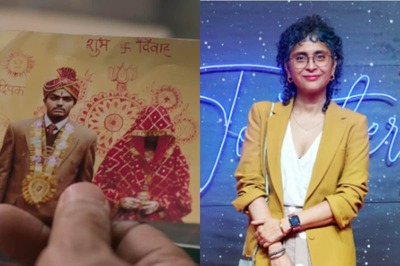

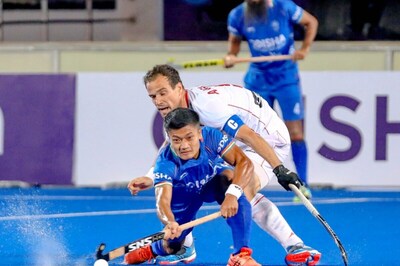

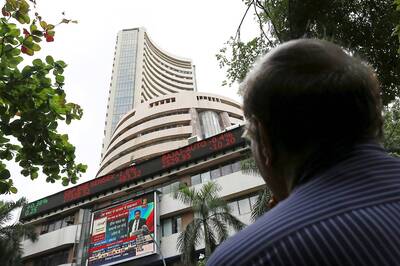
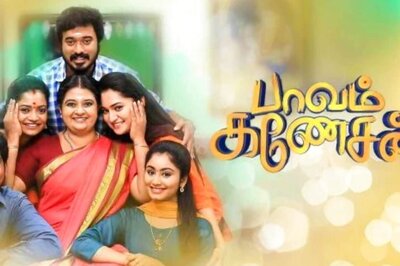


Comments
0 comment